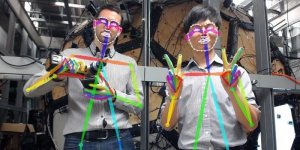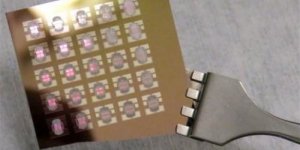| News / Tech News |
Tesla to Test Self-driving Electric Trucks
U.S. electric car manufacturer Tesla is close to testing a long-haul self-driving electric truck that could drive in convoys following a lead vehicle.

Tesla Headquarters in Palo Alto. ![]()
The company is reportedly also in contact with Nevada Department of Motor Vehicles about the possibility of testing the truck on the state’s roads.
Earlier this year Tesla’s founder Elon Musk announced that a new long-haul truck would be revealed in September but did not mention plans to make it self-driving.
Long-haul trucks on interstate highways often drive at relatively constant speeds with little or no intersections which makes autonomous driving easier to achieve.
Several large truck manufacturers, such as Volvo and Mercedes, as well as Silicon Valley companies have been working on the so-called ‘platooning’ technology that will enable long-range trucks to drive in formation, with only the lead vehicle having a human driver.
But even if the tech gets perfected, automakers are still struggling with the current limitations of electronic vehicles, namely their limited range per charge. (VOA News)
YOU MAY ALSO LIKE





